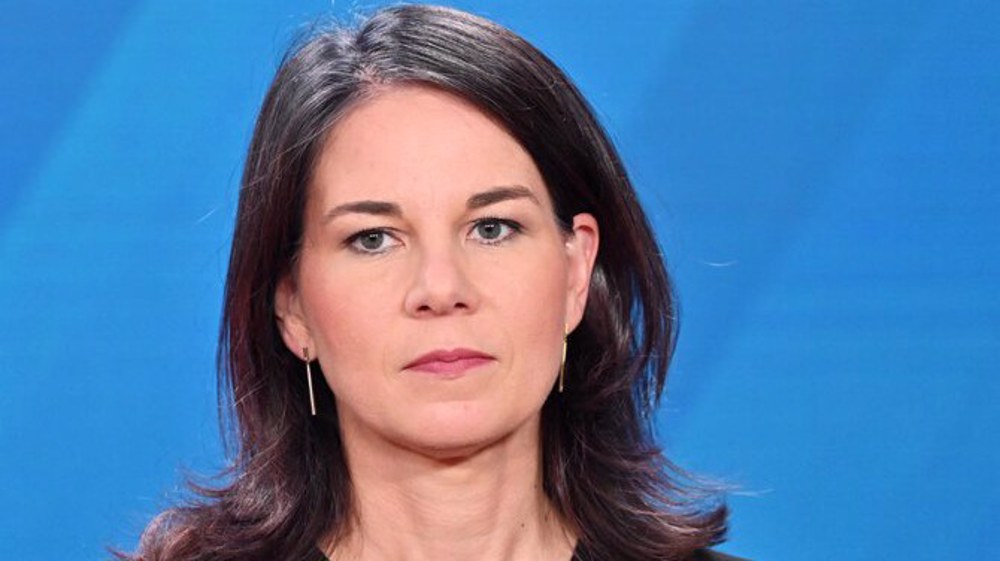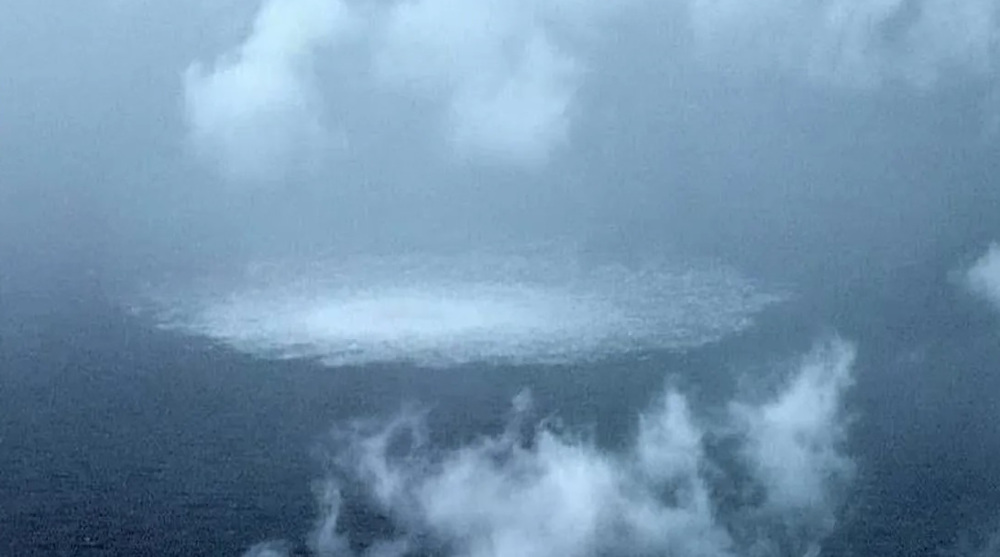Germany records 300 attacks on refugee shelters in 2016 Q1
German police have recorded almost 300 attacks and other criminal offences on refugee shelters so far this year.
German police sources said on Tuesday that of the 292 offences registered in the first quarter of 2016, 33 were arson attacks, 59 were acts of violence, and one was an explosion.
Law enforcement agencies fear that the 2016 attacks against refugee shelters across Germany could exceed last year's level.
Figures show that the incidents of violence against refugees and asylum seekers reached 1,029 last year, compared with 199 in 2014 and 69 in 2013.
Germany has witnessed multiple similar attacks on residences for refugees as the country took in more than one million asylum seekers in 2015.
However, the flow of asylum seekers into Germany has slowed to a trickle in recent weeks after Balkan nations shut their borders in order to prevent the refugee influx into Europe.

Rival rallies on refugees in Leipzig
Rival rallies were held in the German city of Leipzig on Monday as demonstrators for and against the influx of refugees into the country take to the streets.
An estimated 500 supporters of LEGIDA, which is an offshoot of the anti-Islam and anti-refugee group PEGIDA, protested against the government's refugee policy.
During the march, the angry demonstrators held signs condemning German Chancellor Angela Merkel and refugees. They called for Merkel's immediate resignation and asked German authorities to deport all asylum seekers.
Meanwhile, a counter-protest was held in Leipzig city center by around 1,000 pro-refugee activists who accused the far-right group of fascism.
A large number of riot police were deployed to prevent any incidence of violence. Security forces kept both groups separated throughout the march and no incidents were reported.
The demonstration aimed to raise awareness among people about challenges facing refugees who are living in the city shelters.
Germany opened its borders to the refugees last summer with a welcoming mood, but it gradually shifted away from the policy and now Chancellor Merkel stresses that the number of refugees arriving in the country needs to be reduced.

Europe is facing an unprecedented influx of refugees who are fleeing conflict-ridden zones in Africa and the Middle East, particularly Syria.
Many blame major European powers for the unprecedented exodus, saying their policies have led to a surge in terrorism and war in those regions, forcing more people to flee their homes.
The European Union and Turkey reached a deal in March, under which refugees arriving in Greece would be sent back to Turkey if they do not apply for asylum or if their claim is rejected.
Leaders from EU member states also pledged to provide €3 billion ($3.19 billion) to Turkey to help it handle more than two million refugees in the country.
EU leaders also promised to open fresh negotiations on Turkey’s accession process to the union, and to reward Turkish citizens with visa free access to the Schengen zone.

On Monday, two passenger boats carrying dozens of refugees from Greece arrived in Turkey, whose territory the asylum-seekers had used to reach Europe, as part of an agreement signed between the Turkish government and the EU.
The Office of the United Nations High Commissioner for Human Rights and several rights groups have voiced concern about the deal, saying it could lead to “collective expulsions” of war-hit people in violation of international law.
Heavy rains flood tents in Gaza as Israel intensifies attacks
VIDEO | Press TV's news headlines
Iran warns UN credibility at risk amid Israel’s campaign of genocide
Embassy in Tehran flagged for excessive electricity usage
12 killed as Israel strikes Lebanon’s historic city of Tyre
Israel used US weapons in ‘deliberate’ strike on journalists in Lebanon: Report
#BribedByAIPAC: US lawmakers on Zionist lobby payroll irked by ICC arrest warrants
From cradle to chaos: My infant son’s journey through war and displacement
















 This makes it easy to access the Press TV website
This makes it easy to access the Press TV website